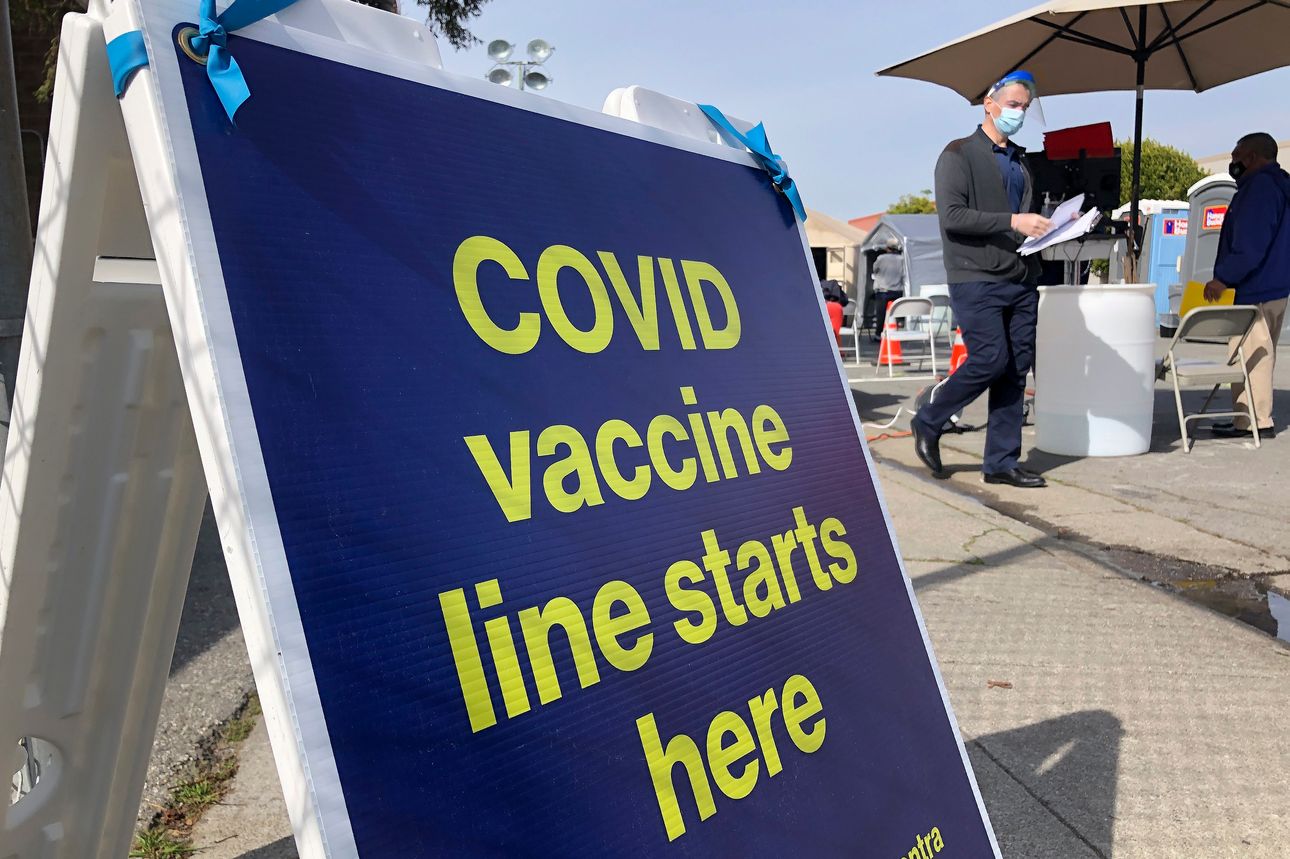By: The Editorial Board – wsj.com – July 27, 2021
The Covid-19 Delta variant and public vaccine resistance have reignited the debate over mandates, and it may get heated. It’s important to make distinctions between government and private mandates, and it would help if the Food and Drug Administration finally expedited full approval of the clearly successful mRNA vaccines.
How to handle the 30% or so of adults who haven’t been vaccinated has taken on more urgency as the Delta variant spreads and the U.S. heads toward flu season. U.S. hospitalizations have doubled in a month and tripled in California, where some 78% of adults have received at least one vaccine dose. Covid will never be eradicated, but the threshold for herd immunity has increased because the Delta variant is more transmissible.
Vaccines are highly effective at preventing severe disease, but the virus risk to the elderly and people with chronic conditions isn’t zero. In April the Centers for Disease Control and Prevention reported that an unvaccinated worker at a Kentucky nursing home caused an outbreak that infected 18 fully vaccinated residents. Two were hospitalized, and one died. The legitimate concern is that hospitals could get overwhelmed again this winter as the seasonal flu is likely to be more prevalent with lockdowns lifted and schools open. Governments and health-care providers have a strong interest in ensuring that frontline workers in particular are vaccinated.
Thus the call for vaccine mandates, and California Gov. Gavin Newsom on Monday mandated shots for hospital, nursing home and state workers. Those who refuse must be tested at least once a week, which makes the order less compulsory. New York City is requiring city workers to get vaccinated, and many private hospitals, including the Mayo Clinic and Houston Methodist, have announced mandates.
Some of our friends on the right say workers should be free to make their own decisions, and in a free society that should be the default. No government should order the general public to take a vaccine except in cases of the most extreme health danger.
The matter is different for private employers, who should be able to set their own workplace rules. Most have been letting employees choose, but some may decide that mandates are necessary to ensure a safe workplace and reduce absenteeism. It’s an odd libertarian streak that dislikes government orders to individuals but then says private employers shouldn’t be free to choose.
Which brings us to the FDA, which has been slow to give the vaccines final approval after authorizing their emergency use. Some Americans continue to cite the FDA’s “emergency” authorization as an excuse not to get vaccinated, and it’s a fair point that government should meet its own approval standards before it orders individuals to take a vaccine.
As a practical health matter, however, the distinction here is mostly bureaucratic. The trials that the FDA required to authorize the Covid vaccines were as rigorous as those for full approval. Each Phase 3 trial enlisted some 44,000 participants, about 50% more than the average trial for a vaccine that the FDA licensed between 2000 and 2011. The FDA required two months of safety data before granting emergency use, which is when side effects for most vaccines appear.
The U.S. has administered some 395 million vaccine doses, mostly from Moderna and Pfizer. And the FDA for the past seven months has collected reports of adverse effects potentially related to the vaccines. The FDA now has reams of safety data, and more than it usually does when it fully approves vaccines. So why haven’t the vaccines received full approval?
Blame the FDA’s bureaucracy. Under FDA rules, full approval requires more data tracking trial participants for a longer period as well as more rigorous inspection of manufacturing facilities to ensure quality control, which the FDA has already been doing. Moderna and Pfizer began submitting data to the FDA for full approval on a rolling basis months ago.
Yet the FDA granted “priority review” to the Pfizer application only a couple of weeks ago. The designation means the agency will seek to review the application in six months rather than the usual 10. The FDA still hasn’t fast-tracked Moderna’s application.
If the government believes Covid vaccination is as urgent as it claims, it ought to behave like it with its own procedures.
To see this article and subscribe to others like it, choose to read more.
 Listen Online
Listen Online Watch Online
Watch Online Find a Station in Your Area
Find a Station in Your Area









 Listen Now
Listen Now Watch Online
Watch Online
